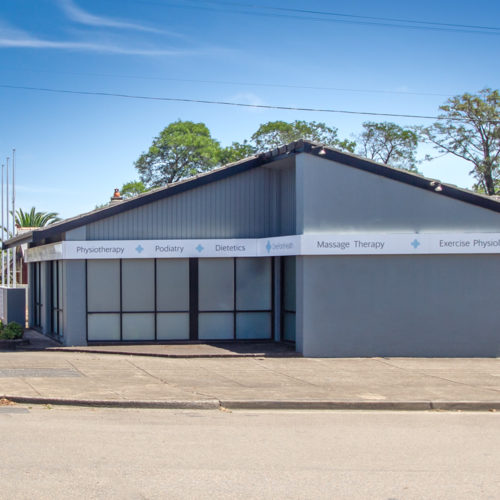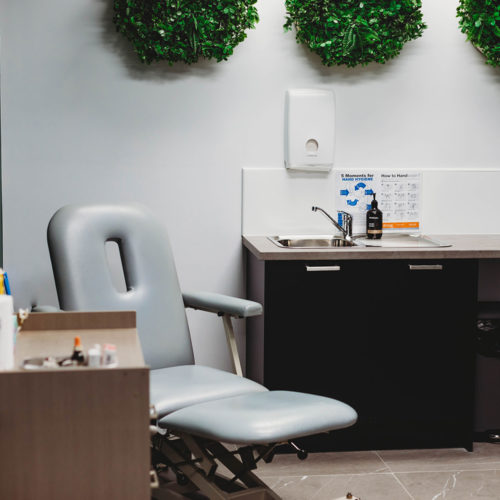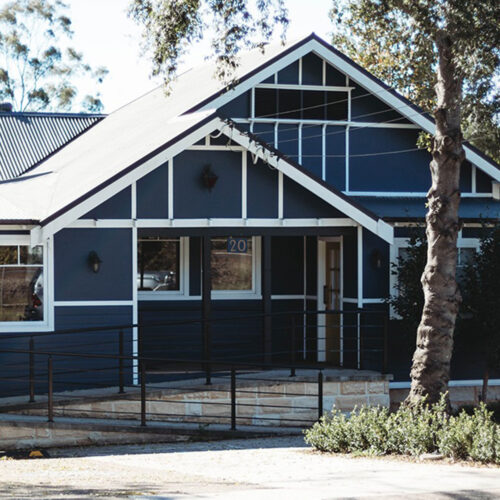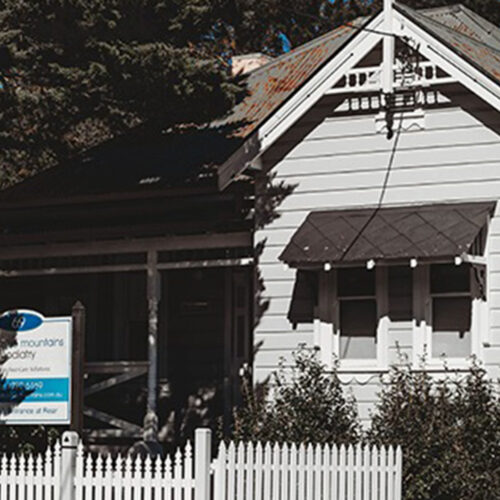What are Fungal Toenails (Onychomycosis)?
Fungal toenails are usually thickened, discoloured nails due to a fungal infection. Fungal toenails can affect people of all ages but tend to be more common with advancing age. As the infection progresses, the nail can become brittle, with pieces coming away or breaking off from the toe completely. If left untreated, the nail bed itself can become infected which can prolong positive treatment outcomes. The surrounding skin may also become inflamed and painful underneath and around the nail.
There is also a superficial form of fungal nails where the fungal sits directly on the surface of the nail and is easier to treat.
Signs and symptoms of fungal toenails.
- There will usually be some form of discolouration through out the nail. It may be in the form of dark or yellow patches or white markings. These patches of discolouration may also start to spread.
- Nails become thick, rough or brittle.
- The nail may start to seperate from the skin beneath.
- Splitting, crumbling or jagged edges.
Causes.
Fungal nail infections can often occur due to increased use of communal change rooms at gyms or swimming pools, or via unsterilised equipment in nail salons. They can also develop from continuously wearing the same socks and footwear, and not allowing the feet to ‘breathe’. The inside of a shoe, where it’s dark, warm and moist, is the perfect environment for fungi to thrive.
Prevention.
- Always clean in between your fingers and toes and keep your feet and hands dry as moisture can aid the fungal spores spreading.
- Wear thongs around swimming pools and public showers
- Don’t share your personal items like towels and sports clothes
- Avoid nail bars and salons
- Don’t wear nail polish. If you want to wear nail polish for a function remember to take it off within a few days. Prolonged use of nail varnishes can cause a fungal infection beneath to grow and manifest.
Treatment.
If you think you have developed a fungal infection it is important that you seek help from a podiatrist. We can help by determining the appropriate antifungal medication to treat the nail, cutting and filing the nail, and providing advice to prevent reoccurrence of the infection. Topical treatments for fungal nails are often recommended.
Fungal Laser Treatment.
OnePointHealth Penrith we provide laser therapy in the form of Lunula Laser which is a great, non-invasive option for patients who have unsuccessfully tried topical treatments.








